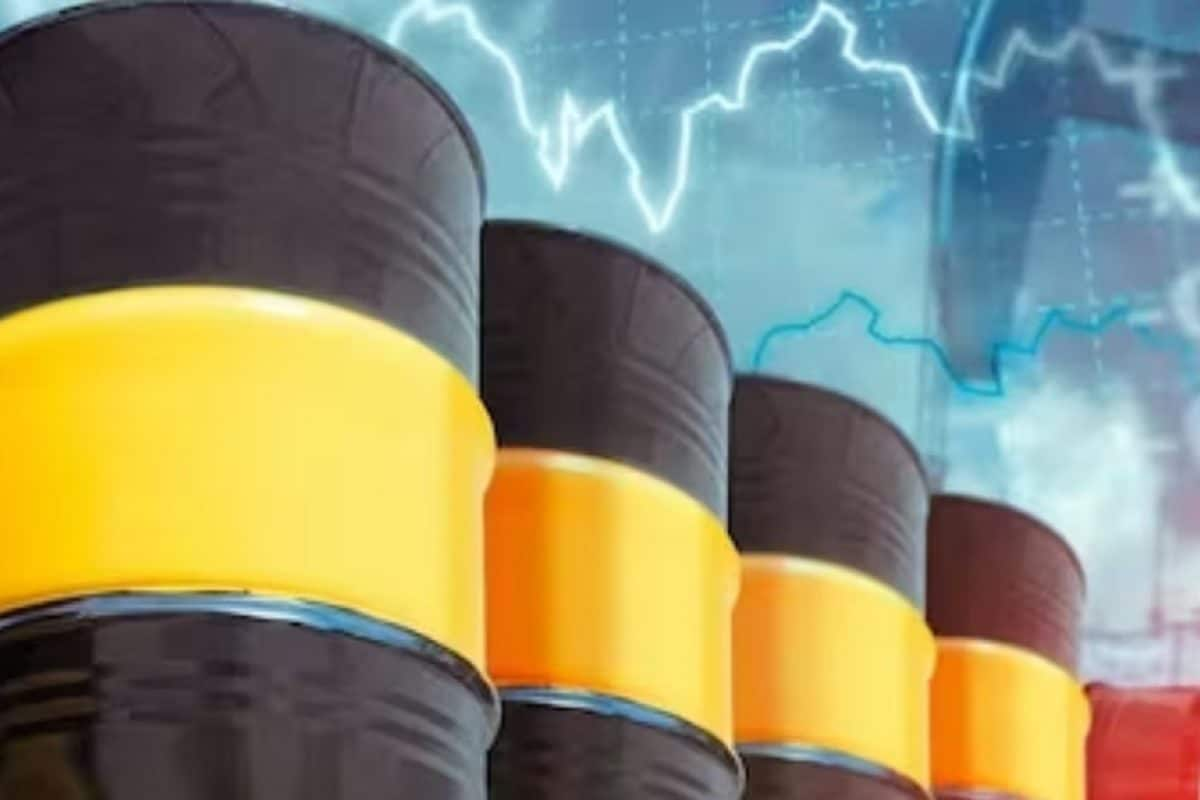

Amid rising tariff tensions and the threat of penalties from the United States, Indian state-owned oil refiners have reportedly halted spot purchases of Russian crude oil. This marks a significant shift in India's energy strategy, as the nation has become a major importer of discounted Russian crude since the Kremlin's invasion of Ukraine in 2022.
The decision by state refiners, including Indian Oil Corporation (IOC), Bharat Petroleum Corporation (BPCL), Hindustan Petroleum Corporation (HPCL), and Mangalore Refineries and Petrochemicals Ltd (MRPL), to cease spot market procurement comes in the wake of new tariffs imposed by the U.S.. President Trump has levied a 25% tariff on Indian exports, effective August 1, 2025, and has warned of additional penalties for countries maintaining strategic trade relations with Moscow, particularly concerning oil and military imports.
India is the world's third-largest oil-importing and consuming nation. The aforementioned state-owned refineries control 60% of India's refining capacity and typically procure around 40% of their crude oil requirements from the spot market. With this avenue now seemingly restricted, these refiners are expected to turn to alternative sources, primarily from the Middle East and potentially West Africa. Industry sources suggest that this shift will likely increase costs and impact gross refining margins, as Russian Urals crude has been more economical.
This development follows a period of increased reliance on Russian oil by India. In the financial year 2024-25, oil imports from Russia reached 87.4 million tonnes, constituting approximately 36% of India's total oil imports. The value of these imports exceeded $50 billion, representing 35% of India's total crude expenditure. Before the war in Ukraine, Russia's share of India's oil import basket was less than 2%.
While state refiners are adjusting their procurement strategies, private refiners like Reliance Industries and Nayara Energy, the latter partly owned by Russia's Rosneft, may continue to import Russian crude under term contracts. Nayara Energy has, however, faced increased scrutiny after being included in the EU's 18th sanctions package.
The U.S. government has expressed concerns regarding India's continued purchase of Russian oil, with some officials stating that it is a "point of irritation" in the relationship between Delhi and Washington. These purchases are seen as helping to sustain Russia's war efforts in Ukraine.
The pause in spot purchases by Indian state refiners also coincides with narrowing discounts on Russian crude. Reduced discounts, coupled with the threat of U.S. tariffs, have diminished the economic incentive for importing from Moscow.
To compensate for the reduced Russian oil intake, Indian refiners are reportedly increasing purchases from Middle Eastern suppliers, such as Abu Dhabi's Murban crude, and exploring opportunities in West African oil markets. IOC has been in talks to buy more crude for late September to October delivery via a tender. Earlier this week, IOC bought 1 million barrels of Murban from BP, and 1 million barrels each of Agbami and Nemba crude from Chevron for October delivery via a tender.
It is important to note that neither the Indian refineries nor the central government have released any official statement on this issue. The situation remains dynamic, with potential implications for global oil markets and the geopolitical landscape.